Past event:
Science Summit 2024
Global minds together to advance science and innovation
10 | 27 September 2024, New York City ► Hybrid event

How Science and Innovation accelerate the achievement of the Sustainable Development Goals
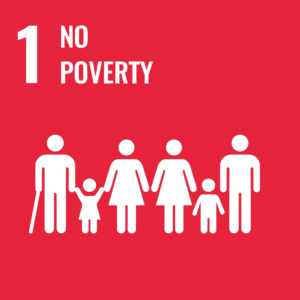
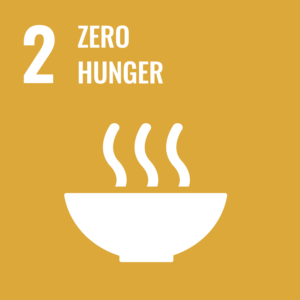
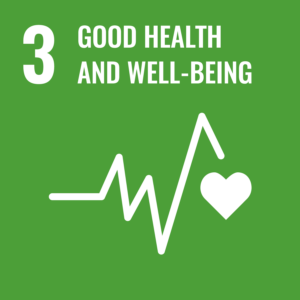
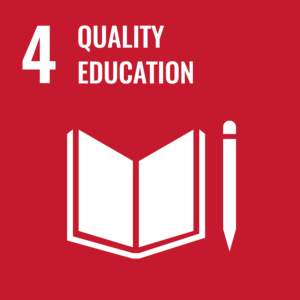

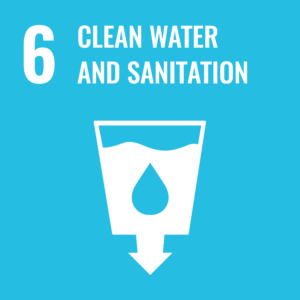
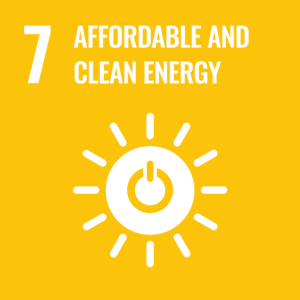

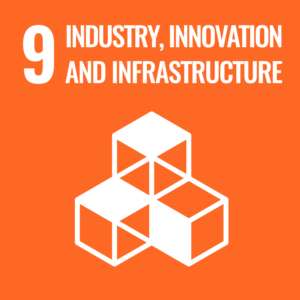

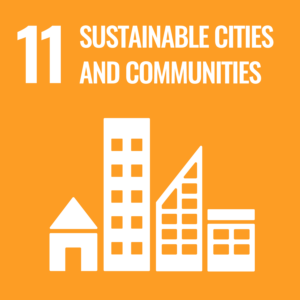


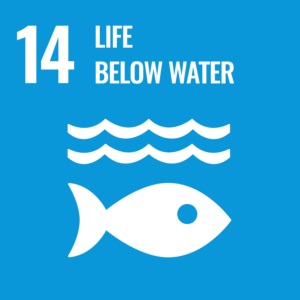
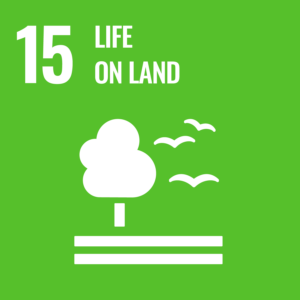
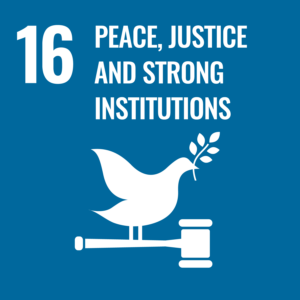
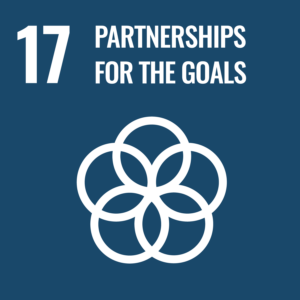
The Science Summit, held on the margins of the 79th session of the United Nations General Assembly in New York on 10-27 September 2024, successfully convened global leaders, scientists, policymakers, and innovators to discuss pressing scientific and technological challenges.
The overarching goal of the summit was to bridge the gap between science and policy, ensuring that cutting-edge scientific insights inform the development and implementation of sustainable, inclusive global policies.
A key highlight of the summit was the emphasis on the transformative role of Science, Technology, and Innovation (STI) in achieving the Sustainable Development Goals (SDGs). Participants acknowledged that science-based solutions are not just crucial, but they are the beacon of hope in tackling complex global issues, including climate change, biodiversity loss, energy access, and food security. Multiple sessions delved into the critical role that STI can play in creating resilient societies and economies to accelerate progress towards the SDGs.
Science Summit Features

Presentation of programs that empower young people through education, mentorship, and leadership training.
Highlight opportunities for youth to engage in entrepreneurship and governance, ensuring their voices are heard in decision-making processes
Establish partnerships between private sector funders and scientific research institutions.
Presentation of grants and resources for innovative projects, and promote public-private collaborations to accelerate scientific discoveries and technological advancements
Place African researchers at the forefront of defining the post-SDGs agenda.
Foster regional and international scientific collaboration with Africa by establishing networks and partnerships that address both local and global challenges.

One Health Plenary to present interdisciplinary programs, policies, and projects that integrate human, animal, and environmental health initiatives.
Promote research and education on holistic health approaches, and address issues like sanitation, personalised medicines, waterborne diseases, and climate impacts
The Science Summit presents initiatives that recognize and integrate indigenous knowledge systems into mainstream practices.
These initiatives support the documentation and preservation of traditional knowledge while promoting its application in areas such as agriculture, conservation, and climate resilience.

How investing in the development of resilient infrastructure, supports research and innovation projects.
Industry investments in these infrastructures facilitate collaborative research initiatives that effectively address global challenges, integrating innovative technologies to promote sustainable practices worldwide.

Presentation of developing policies and programs that address social, economic, and political disparities.
The objective is to promote equal access to resources, education, and employment opportunities, and support initiatives that uplift marginalized communities
Presentation of strategies to strengthen institutions for greater inclusivity, transparency, and accountability.
Discussion on developing policies that foster social inclusion and implementing programs to ensure equitable representation and participation across all societal groups.
Round tables on how to enhance digital infrastructure and promote the adoption of digital technologies across sectors.
Practical cases on digital literacy programs, cybersecurity initiatives, and efforts to bridge the digital divide, ensuring equitable access to digital resources and opportunities
Week 1
Online Sessions Only
Dive into a week of virtual exploration, where online sessions offer unparalleled access to cutting-edge research, groundbreaking discoveries, and thought-provoking discussions.
Join us for virtual sessions on AI for Science, Women and Peace in the Arab World, Data Traceability of the SDGs, Mental Health, the Role of Youth in the Post-SDGs Agenda, Science Diplomacy, NASA GLOBE International STEM Network, Food Security, Climate Crisis, Space Innovations contributing to the SDGs, Soil Health, Oceans Governance, Microbiome, Small Island Challenges, Clean Energy, and more.
All sessions will be live-streamed, with recordings available afterward.
Week 2
UN High-level Week – Hybrid Sessions
As the world converges in New York for the UN High-level week, join us for hybrid sessions that bridge the gap between online and in-person engagement.
Coinciding with the Summit of the Future on September 22nd and 23rd, 2024, these sessions promise to ignite new ideas and collaborations.
Highlights include plenary sessions by the European Brain Council, the Global Enabling Sustainability Initiative, and the Council of Scientific and Industrial Research of India.
Engage in sessions on Indigenous Knowledge Systems, Health Innovations in Sub-Saharan Africa, STEM education, and Women and Healthy Aging.
Week 3
UN High-level Debate Week – Hybrid Sessions
Embark on a journey of discovery during the final week of the Summit.
Featuring key events such as the Africa Science Leadership Coalition Plenary on September 23rd, the One Health Plenary on September 25th, and AI for Health on September 26th.
Get a preview of COP16 (Combat Desertification) and a presentation of the 5-year Flagship Programme by AGFUND. Join sessions on pandemic preparedness, genomics for Africa, and more.
Don’t miss the Science Parliament and the Young Programme.
All sessions will be live-streamed and broadcasted on social media platforms, ensuring global accessibility.
Session Formats
Presentations
Engage with thought-provoking presentations delivered by leading experts in their respective fields.
Round tables
Participate in interactive discussions and collaborative problem-solving sessions.
Breakfast discussions
Start your day with stimulating conversations over a virtual breakfast, exploring emerging trends and opportunities.
Networking lunches
Connect with peers and forge new partnerships over virtual networking lunches, fostering meaningful relationships.
Fireside chats
Join intimate conversations with trailblazers and visionaries, gaining insights into their experiences and perspectives.
Summit Plenaries
Meet the top leaders on key issues such as One Health, Biodiversity, Genomics, AI, Data, Capacity Building, etc.
Add Your Heading Text Here
Highlighted Speakers

Nombre
Cargo + información

Nombre
Cargo + información

Nombre

Nombre

Nombre

Nombre

Nombre

Nombre
Science Summit Plenaries
One Health
Financing Development
Capacity Building
Climate Change
Sponsors & Partners

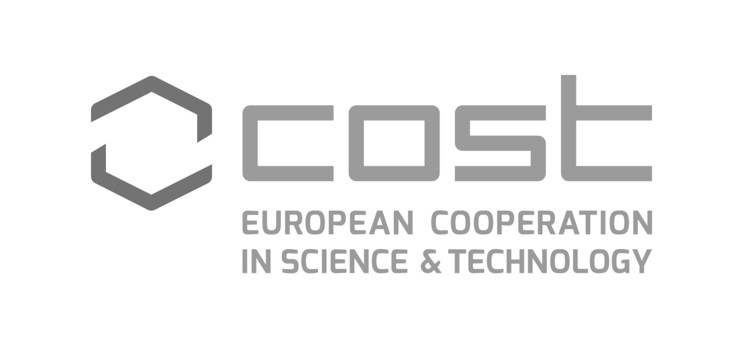






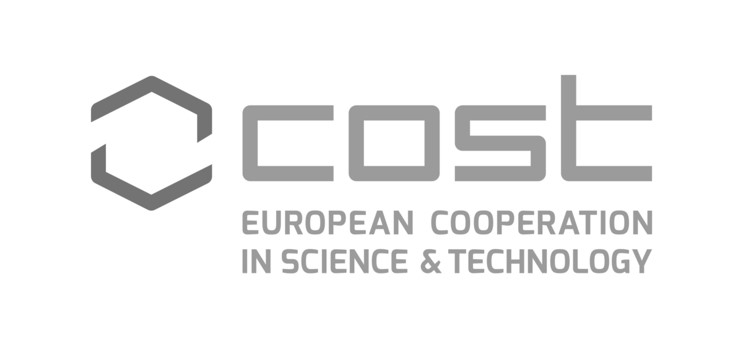





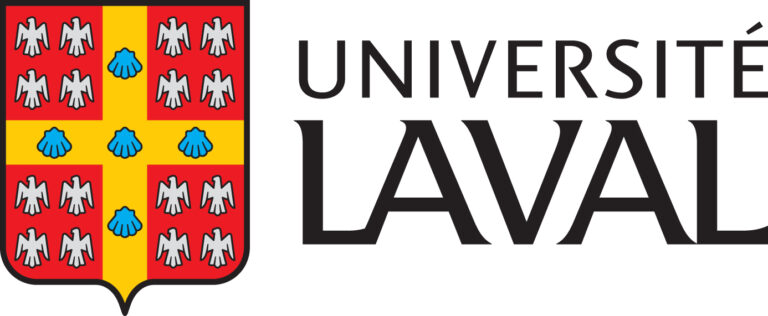


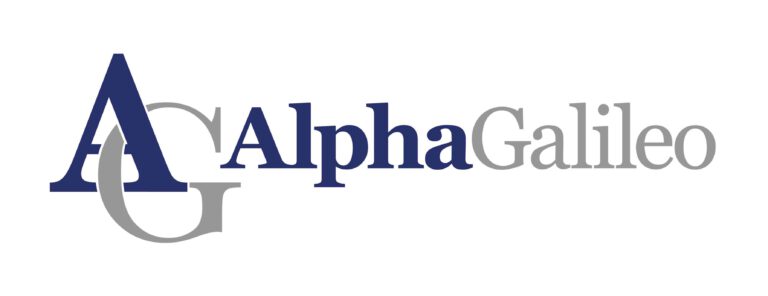
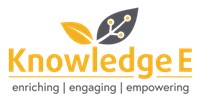

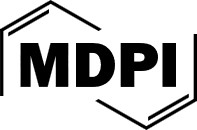

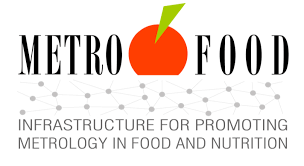
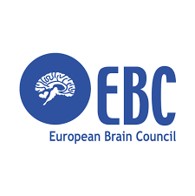
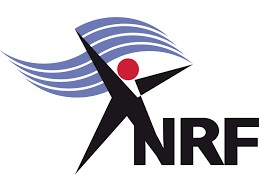
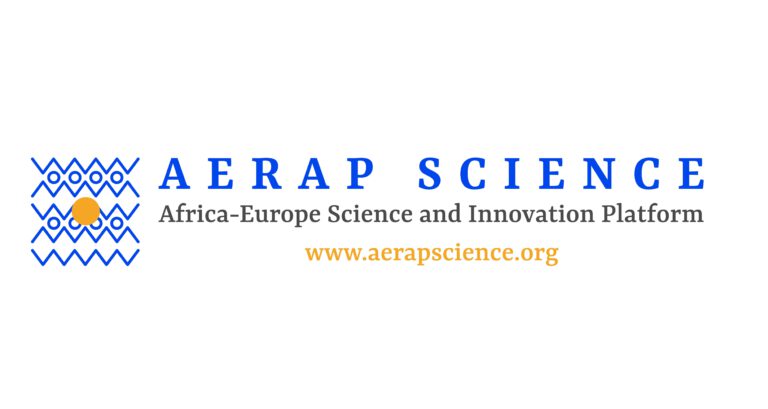
Frequently Asked questions
New York Programme
17th - 27th of September 2024
(All sessions streamed live)
17th of September
9h – 14h
- Lidia Borrell – Damian, Science Europe
- Mari Sundli Tveit, Chief Executive of the Norwegian Research Council (RCN), President of Science Europe
- Alejandro Adem, President of the Natural Sciences and Engineering Research Council of Canada (NSERC), Chair of Global Research Council (GRC) Governing Board
- Gabriela Ramos, Assistant Director-General for the Social and Human Sciences at UNESCO (online)
18th of September
- José Jackson-Malete, Co-Director of the Alliance for African Partnerships (AAP) at Michigan State University
19th of September
Parallel I: Rooftop (Auditorium)
9h – 16h30
Access programme here: https://aiwithpurpose.sched.com/
Parallel II: 2nd Floor (Science room)
8h30 – 16h30
- Suzanne L Dickson, President of the European Brain Council
- Devora Kestel, World Health Organisation
- Zeinab Hijazi, UNICEF
- Others
Parallel III: 12nd Floor (Innovation room)
9h – 13h
- Selamawit Hirpa, Addis Ababa University School
20th of September
Parallel I: 2nd Floor (Science room)
9h – 16h30
- Paweł Świeboda, Brain Capital Alliance
- Alfred K. Njamnshi, Africa Research Initiative
Parallel II: 12nd Floor (Discovery room)
9h – 11h
- Nic Palmarini, Director UK’s National Innovation Centre for Ageing
- Joachim Rautter, Berlin Innovation Center for Ageing and Longevity (BiCAL).
- Others – see full agenda
11h – 13h
- Arun Prabhu. Landcent
- Peter Atadja, Landcent
- Prof. Motlalepula, University of Free State, South Africa
- Ben Dotsei Malor, United Nations
- H.E.Amb. Cessouma Minata Samete, African Union
- Mosoka P. Fallah, Africa Centres for Disease Control and Prevention
- Magdalena Skipper, Nature Research
- Others
23rd of September
Parallel I: Rooftop (Auditorium)
Parallel II: 2nd Floor (Science room)
9h – 13h
- Thomas Kariuki, CEO Science for Africa Foundation
- Jennifer Molwantwa, CEO, Water Research Commission
- Dominic O’Neill, Executive Director of the Sanitation and Hygiene Fund
- Mark Smith, DG Water Growth and Inclusion, International Water Management Institute
- Saroj Kuma Jha, Global Director TBC
- Michael John Webster, Programme Manager, World Bank TBC
- Others – see agenda
16h – 18h
- Anna Yusim,
- Eva Selhub, Clinical Associate Harvard Medical School and Benson Henry Institute for Mind-Body Medicine MGH
- Maryam Lustberg, Yale Medical School and Yale Cancer Center
- Aleksandra Filipovic, E Sharing Progress in Cancer Care
Parallel III: 12nd Floor (Discovery room)
9h – 13h
- Holly Wright, CA18128: Saving European Archaeology from the Digital Dark Age, European Projects Manager
- Mak Saito, BioGeoSCAPES
- Abu Mansaray, Peer2Peer
- Kirsty Tinto (moderador), U.S. Antarctic Program Data Center
- Kara Hoover, U.S. National Science Foundation
- Katalin Alfoldi, COST | European Cooperation in Science and Technology
- Martin MOKROŠ, CA20118: Three-dimensional forest ecosystem monitoring and better understanding by terrestrial-based technologies
- Jerome Grimplet, G17111: The Grapevine Genomics Encyclopedia: an innovative portal to integrate knowledge, resources and services for the grape scientific community and industry
- Maura McLaughlin, The International Pulsar Timing Array
- Convenor Allen Pope, NSF, Program Manager
14h – 18h
- Minister Ralph Regenvanu, Minister of Climate Change Adaptation, Meteorology and Geo-Hazards, Energy, Environment and National Disaster Management
- Vanuatu Hibaa-Haibado Ismael H. Tani, Third Counsellor, Djibouti Embassy in Kenya (Ministry of Foreign Affairs and International Cooperation)
- Republic of Djibouti James Turpin, Chief of the Prevention and Sustaining Peace Section, Office of the United Nations High Commissioner for Human Rights (OHCHR), New York Office
- United States Chukwumerije Okereke, Professor of Global Climate Governance and Public Policy, University of Bristol
- United Kingdom Lili Fuhr, Director of Fossil Economy Program, Center for International Environmental Law (CIEL)
- Germany Panganga Pungowiyi, Climate Geoengineering Organizer, Indigenous Environmental Network
- United States Raymond Pierrehumbert, Halley Professor of Physics, University of Oxford
.
24th of September
Parallel I: Rooftop (Auditorium)
Parallel II: 2nd floor (Science room)
9h – 12h30
- Ru-Fong Joanne Cheng MD, FACOG, Bill & Melinda Gates Foundation
- Anuradha Gupta, Sabin Vaccine Institute
- Irene. O Aninye, PhD (Convenor), Society for Women’s Health Research
- Nicole Althaus, ECHAlliance – The Global Health Connector
- Others – see programme
13h30 – 14h30
Concurrent round tables (by invitation only)
15h – 16h30
- Jean Kaseya, Africa Centres for Disease Control and Prevention
- Tobias Silberzahn, McKinsey & Company
- Bernardo Mariano Jr., Office of Information and Communications Technology, United Nations
- Henriette van Eijl, European Commission, DG Research and Innovation
- Others..
17h – 18h30
Parallel III: 12th floor (Discovery room)
10h30 – 12h30
13h – 14h
- Natasha Santos, Vice President, Bayer Crop Science
- Nici Bush, Vice President of Innovation, Science, Technology and Research, Mars
- René Lammers, Executive Vice President & Chief Science Officer, PepsiCo
- Dan Edwards, Managing Director, The Science Group
16h – 18h
25th of September
Parallel I: 2nd floor (Science room)
9h – 12h30
14h – 16h
- Dr. Vanessa Ridaura, Senior Program Officer, Microbiome Products, Bill & Melinda Gates Foundation
- Dr. Nigel Rollins, Medical Officer, WHO Department of Maternal, Newborn, Child and Adolescent Health and Aging
- Hilina Belete, Hilina Enriched Foods, Ethiopia
Parallel II: 2nd floor (Innovation room)
16h – 18h
- Jan Kellett,UNDP Global and Corporate Lead on Insurance and Risk Finance
- Rowan Douglas, Howden, CEO Climate Risk and Resilience
- Karina Whalley, AXA Solutions, Chairman, Milliman
- Julie McCarthy, CEO NatureFinance
Parallel III: CR023 room (2nd floor)
15h30 – 16h30
.
26th of September
Parallel I: Rooftop (Auditorium)
9h – 16h
16h – 18h
Indrani
Parallel II: 2nd floor (Science room)
12h30 – 14h
CHANGEMAKERS LUNCH
Parallel III: 12th floor (Science room)
16h – 18h
ARC
27th of September
Parallel I: Rooftop (Auditorium)
10h – 13h
Youth Parliament
Parallel II: 12th floor (Innovation)
8h – 9h
UNFCCC